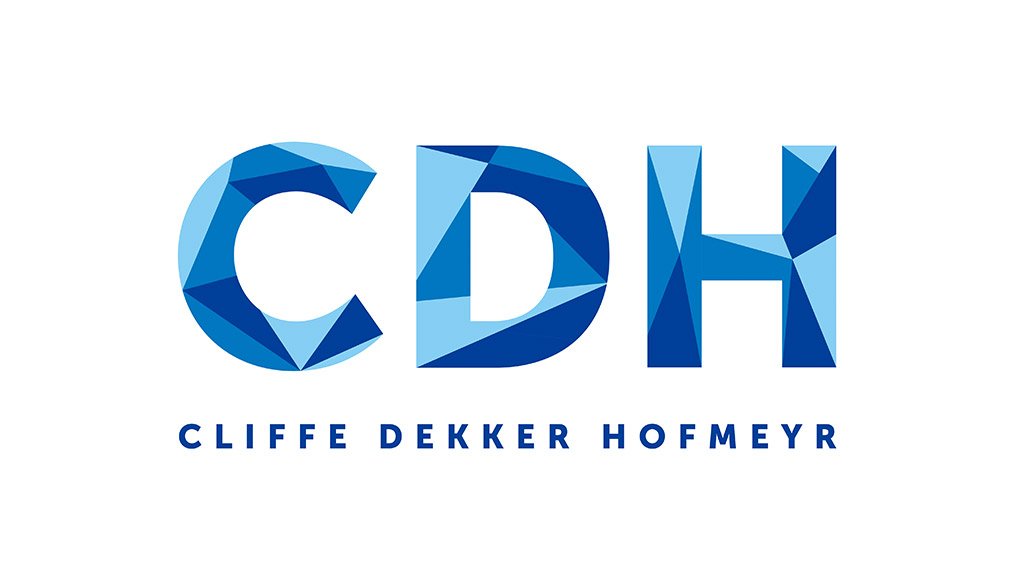The South African Revenue Service (SARS) has sought to provide guidance on a difficult tax issue: the assumption (taking over) of contingent liabilities on the acquisition of a business as a going concern. In this regard SARS has issued Interpretation Note 94 dated 19 December 2016 (IN).
The matter is best discussed by way of examples.
Example 1: The seller (S) runs a toy shop. He owns the shop building and a stock of toys. The value of the building is R60 and the value of the stock is R30. He owes a supplier R15. S has two employees:
A manager and a sales person.
A buyer (B) wishes to buy the business of S as a going concern. The price of the business (ignoring things like goodwill) is R90 (that is, R60 for the building and R30 for the stock).
B pays the price in cash. He does not take over the obligation to pay the supplier.
S must account for income tax on the amount attributed to stock (R30) and must account for capital gains tax (CGT) on the amount attributed to the building (R60). (S must then settle the supplier).
B may deduct for income tax the amount attributed to stock. The amount attributed to the building is the base cost of the building for CGT purposes in his hands.
Example 2: The facts are the same as in Example 1. However, instead of paying the full price in cash, B assumes the liability to pay the supplier (R15) and pays the balance of the price (R75) in cash.
S and B will account for tax precisely in the same way as they would under Example 1. B will not be allowed an income tax deduction again when he pays the supplier in future.
Example 3: The facts are the same as in Example 2. However, S also has an obligation to pay the manager a bonus of R20 in two years’ time if the manager has met certain sales targets at that time.
B would need to take over that obligation.
If S had not sold the business, he would have been able to deduct the amount for income tax if and when the manager met the sales target.
In terms of the IN, SARS suggests that the parties must account for tax as follows on the facts of Example 3:
- S must account for income tax or CGT on the amount of the agreed value of that obligation depending on whether the amount is attributed to the stock or to the building.
- S incurs no expenditure for the assumption of the obligation by B, and so may not deduct the liability for income tax.
- B will incur expenditure only if and when the obligation materialises (if and when the manager meets the sales targets). The assumption of the obligation relates to the building and stock acquired and so B must at that future date claim an income tax deduction (to the extent that the assumption of the obligation is attributed to stock) and must add the amount to the base cost of the building for CGT (to the extent that the assumption of the obligation is attributed to the building).
However, it is possible to argue that SARS is conflating two things: (i) the obligation of B to pay the price, and (ii) the way that B settles that obligation. In Example 3, B has incurred an obligation to pay S the aggregate amount of R90, that is, R60 for the building and R30 for the stock. So, B incurs an expense of R90.
B settles the price partly in cash, and partly by the assumption of (i) the fixed liability to pay the supplier and (ii) the contingent liability to pay the manager the bonus if and when the sales targets are met in future. But the fact that B will settle the price in that way does not change the fact that B has incurred the aggregate amount of the price. B has, in fact, taken over an obligation of which S has rid himself.
On this argument, S and B could account for tax in precisely the same way as they accounted for tax in Examples 1 and 2: S accounts for income tax on the amount attributed to stock and accounts for CGT on the amount attributed to the building. B may, at the time of the transaction, deduct for income tax the amount attributed to stock and must add the amount attributed to the building to the base cost of the building for CGT purposes.
When the obligation to pay the manager becomes fixed (when the manager meets the sales targets) B should not be able deduct the expense at that time.
What is clear is that parties should take great caution when structuring sale of business agreements as it is likely that SARS will adopt the position set out in the IN.
Written by Ben Strauss, Cliffe Dekker Hofmeyr
EMAIL THIS ARTICLE SAVE THIS ARTICLE ARTICLE ENQUIRY
To subscribe email subscriptions@creamermedia.co.za or click here
To advertise email advertising@creamermedia.co.za or click here











